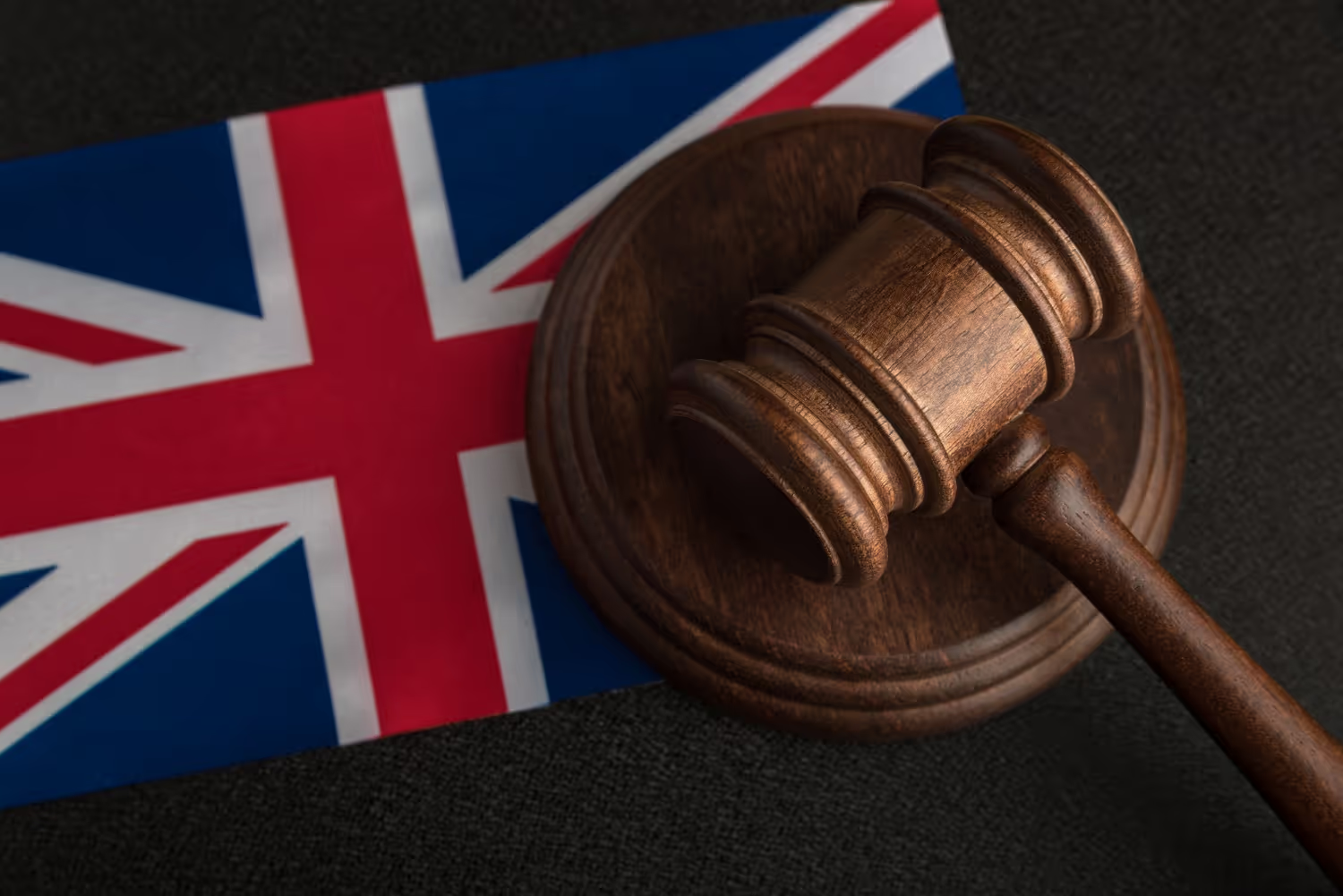Can I Get the CPS to Drop My Case?


It is completely normal to feel overwhelmed when you are facing potential criminal charges in the UK. The thought of a police investigation or a summons is hugely stressful, especially when you aren’t familiar with the process or what your options are.
Pre-charge representation is legal help before any formal charge is made and it is the one thing that can seriously influence the outcome of a case. If you handle this stage smartly, you dramatically increase the chances of the Crown Prosecution Service (CPS) deciding to walk away from your case.
This kind of representation lets a lawyer jump in on your behalf early to challenge the evidence and advise you. Getting this early intervention is crucial, especially in complicated or high-stakes matters. It’s your chance to tell your side of the story before the CPS makes its final call. Act fast, act smart, and you can absolutely tilt the balance in your favour.
How Pre-Charge Representation Changes the CPS's Mind
As soon as you hire a pre-charge solicitor, they immediately get to work picking apart every piece of police evidence. They look for weak spots in the prosecution’s case and find every legal angle to prevent charges from being filed in the first place. The CPS has two main questions they have to answer before they prosecute: Do we have enough proof? Is it worth the public's time and money?
Our strong pre-charge work helps us attack both of these points by:
- Challenging whether the evidence is reliable or sufficient enough to move forward
- Pointing out any mistakes or errors the police made during the investigation
- Showing that prosecuting your case simply isn't a good use of public resources
A skilled lawyer knows exactly how to talk to the CPS, presenting solid arguments that often convince them to drop the case altogether. Doing this saves you the immense cost, stress, and potential fallout of a criminal trial.

How Your Solicitor Fights to Persuade the CPS?
Your legal team's job is to build the strongest possible case for the CPS to walk away. Here is how we push for that on your behalf:
- Spotting the Flaws: We aggressively search for weaknesses in the prosecution's evidence such as unreliable witnesses, contradictory statements, and bad procedure. We then submit detailed arguments proving the evidence isn't good enough.
- Introducing New Angles: We bring forward new evidence or suggest further leads that help your position, maybe an alibi, a better witness, or information that completely undermines what the prosecution thinks is true. This immediately shifts the power dynamic.
- Writing Compelling Submissions: We send the CPS expertly crafted legal arguments about the law, fairness, and public interest. Sending in well-drafted legal documents this early is often what convinces the CPS to drop the matter completely.
- Arguing the Public Interest: Even if the evidence appears strong, we can fight back by arguing that taking you to court simply isn't worth it. We point out things like how minor the harm was, your personal situation, or that the cost of prosecution would be completely out of proportion.
- Direct Talk & Negotiation: A great lawyer doesn't just sit and wait. We speak directly to the CPS team, clearing up factual confusion and immediately applying pressure to the shakiest parts of their case.
- Pushing for a Halt Mid-Case: If new information surfaces later, say a witness changes their mind, or a major legal error appears, we immediately push for the case to be dropped.
The takeaway: The sooner we get started, the more power we have to shape the investigation. Delays limit every single option.
Why Evidence is the Core of the Fight
Everything the CPS does revolves around the evidence. Even when the police think they have completed a perfect investigation, it is very common for a good solicitor to find things that weaken the prosecution's hand. That might include:
- Witness statements that don't add up
- Gaps or contradictions in the overall evidence presented
- The police or CPS getting the law wrong
We can demand more information from the police to make sure we see everything before the CPS makes its decision. This careful scrutiny almost always uncovers holes that become our best arguments for getting the case dropped.
Common Reasons the CPS Quits
No two cases are exactly alike, but there are common reasons for the CPS to not proceed. These include:
- Weak Evidence: They realise they don't have a realistic chance of actually winning a conviction.
- Minor Offence: The crime is too small, and pursuing it just isn't worth the cost compared to the alleged offence.
- Public Interest: They decide the prosecution isn't in the public's best interest, maybe it's a minor matter that could be handled another way.
Using pre-charge representation, we make sure these problems are brought up before any formal charges are laid. That proactive move dramatically improves the chances of the CPS simply stopping the case.
When Getting the CPS to Quit Gets Tougher
While we always fight hard, there are times when it's much harder to get the CPS to back down:
- Overwhelming Evidence: Such as credible CCTV footage, DNA, or multiple reliable witnesses.
- Violent or Serious Charges: In serious crime, the public interest is much higher, which makes dropping the case incredibly difficult.
- High-Profile Cases: If the case has political sensitivity or major media interest, the CPS is often reluctant to withdraw.
- Late in the Game: Once the trial prep is well underway, withdrawing the charge becomes much more complicated and constrained by legal rules.
- Impact on Victims: If dropping the case would seriously disadvantage the victim, the CPS may resist the move.
Even in these tough situations, finding new evidence or exposing procedural errors can still shift the whole picture.
How Holborn Adams Supports You
We have decades of combined experience and expertise in pre-charge representation, helping clients navigate these complicated early stages of an investigation. The moment you call, you will receive straightforward, practical advice from our team. We immediately start fighting to protect your rights, taking a hard look at the evidence, talking directly to the police, and strategically engaging with the CPS to find every single avenue to get the case dropped. Our entire approach is tailored to you, giving you the best possible shot at avoiding formal charges.
Your Immediate Next Steps
If you are facing potential charges, you must act immediately. Time is critical as the sooner we jump in, the more control we have over how your situation turns out. Getting pre-charge help now can save you months of stress, huge legal costs, and the entire process of a trial.
Here are the key things you need to do:
- Call a Pre-Charge Solicitor: Getting a lawyer involved at the very first moment gives you the biggest chance to influence the CPS's final decision.
- Start Gathering Evidence: Bring all relevant documents and evidence to your lawyer. The more we have, the stronger our case is.
- Don’t Talk to the Police Alone: Never speak to the authorities without a lawyer. You could end up accidentally saying something that severely damages your case.
- Listen to Your Lawyer: Trust their guidance completely. They are steering you through a complex process and considering every legal option.
So, Can We Really Get the CPS to Drop Your Case?
Nothing is ever guaranteed in the law, but bringing in pre-charge representation stacks the odds in your favour. When you hire a skilled lawyer early, you gain the power to challenge weak evidence, expose police errors, and put forward solid arguments about why the prosecution is a waste of time.
This isn't a formality; it’s the most proactive move you can make to change the entire trajectory of your case. Acting fast and securing expert guidance is the most effective way to get the CPS to walk away.




